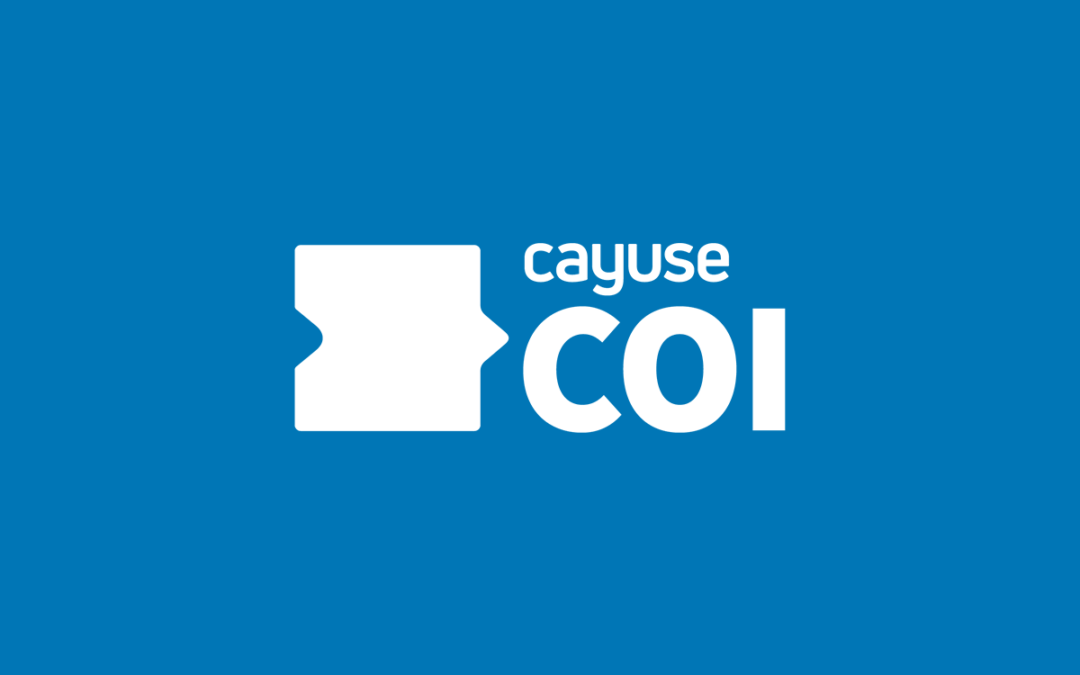PORTLAND, OR – November 12, 2019 – Cayuse, a leader in cloud-based research administration solutions, today announced the general availability of its financial conflict of interest software: Cayuse COI. This new solution makes it easy for researchers and staff members to submit mandated financial conflict of interest disclosures and for reviewers to process them. In fact, most disclosures can be submitted in seconds.
“With the increased federal scrutiny regarding foreign influence on U.S. research, ensuring that everyone involved in research disclose outside interests has never been more important,” said Cayuse CEO Matt McLellan. “Releasing Cayuse COI helps us fulfill our mission to build a complete, integrated suite of software solutions that increase efficiency at every phase of the research lifecycle.”
“Our old paper-based process was difficult and confusing. Researchers had to print, scan, and send in a form to disclose,” said Michael Briggs, Director of Research Integrity at Chapman University. “We have totally simplified that process with Cayuse COI and now follow best practices with ready-to-go form templates, email reminders, and automated routing. We’re now able to be proactive around disclosures and feel confident as an organization that we’re meeting compliance requirements.”
Cayuse COI is the newest addition to Cayuse’s robust compliance suite, which also includes solutions for IRB, IACUC, and IBC. For more information, please visit cayuse.com/coi and come see a live demo at the upcoming PRIM&R AER conference from November 17-20 in Boston.
About Cayuse
Founded in 1994, Cayuse provides an integrated suite of SaaS solutions that improve collaboration between researchers and administrators, help mitigate compliance risks, and simplify every stage of the research lifecycle. Our industry-leading software spans pre-award, post-award, compliance, and facility management. The Cayuse community of customers includes academic institutions, hospitals, pharmaceutical and biotech companies, government agencies, and non-profit organizations—with research budgets ranging from $1 million to more than $1 billion.


